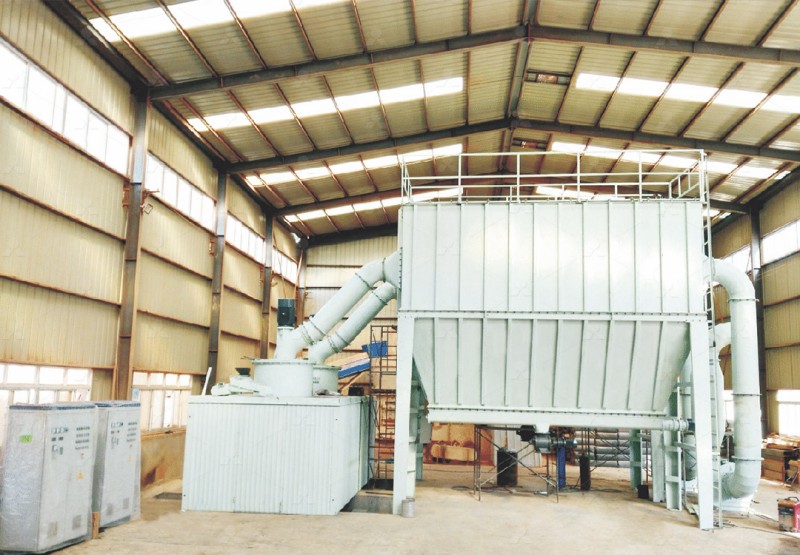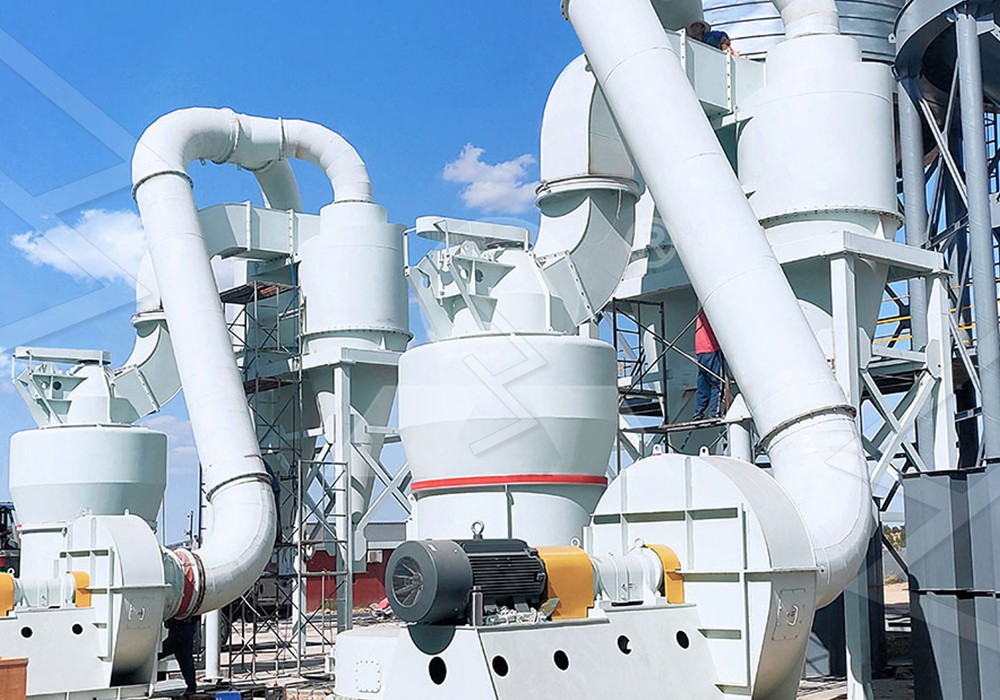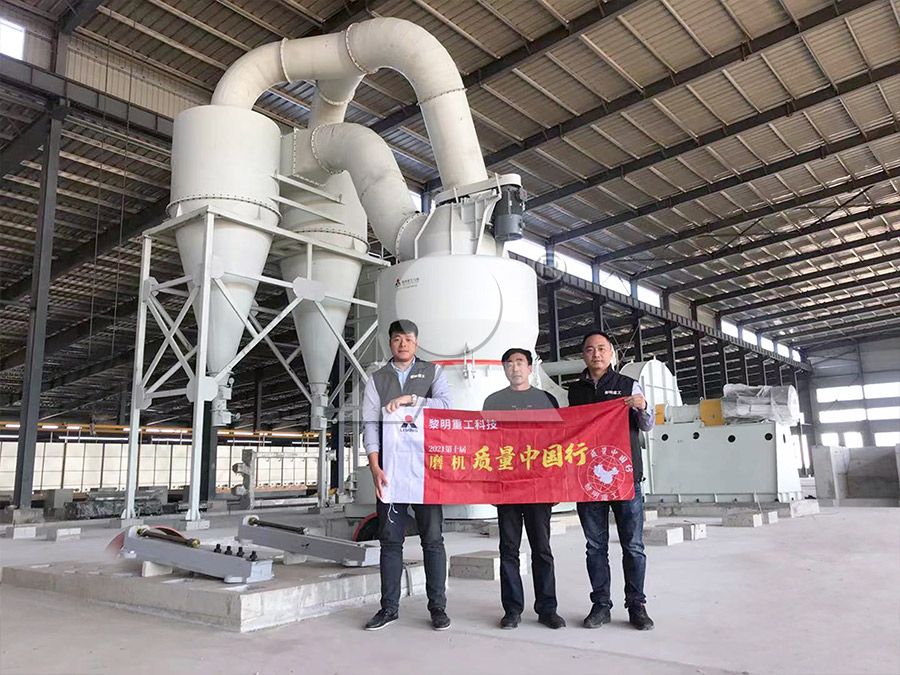Top 10 Raymond Mill Manufacturers for Superior Powder Processing
We provide a wide range of mills — including Raymond mill, trapezoidal mill, vertical mill, ultrafine mill, and ball mill, obtained ISO9001 international quality certification, EU CE certification, and Customs Union CU-TR certification. Suitable for processing minerals such as limestone, phosphate, quicklime, kaolin, talc, barite, bentonite, calcium carbonate, dolomite, coal, gypsum, clay, carbon black, slag, cement raw materials, cement clinker, and more.
The discharge range of these mills can be adjusted to meet specific processing needs, typically from 80-400 mesh, 600-3250 mesh, and can achieve the finest particle size of up to 6000 mesh(D50).
If you are looking for a reliable grinding solution to turn stone or minerals into fine powder, please feel free to contact our online customer service.
Top 10 Raymond Mill Manufacturers for Superior Powder Processing
In the competitive world of industrial powder processing, selecting the right grinding equipment can make or break your operation’s efficiency and profitability. With numerous manufacturers claiming superiority, discerning professionals need clear insights into which companies truly deliver exceptional performance, reliability, and innovation in milling technology.
The grinding mill market has evolved significantly from traditional Raymond mills to sophisticated ultrafine grinding systems capable of processing materials to precise specifications. Leading manufacturers distinguish themselves through advanced engineering, robust construction, and comprehensive after-sales support that ensures continuous operation in demanding industrial environments.
Critical Factors in Mill Selection
When evaluating milling equipment, several key factors demand consideration. Production capacity requirements must align with your operational needs, while energy consumption directly impacts long-term operating costs. The fineness range determines your product quality capabilities, and the specific materials you process will dictate the optimal mill design for your application.
Modern mills must also address environmental concerns through effective dust collection and noise reduction systems. The availability of spare parts and technical support becomes crucial when minimizing downtime in continuous production scenarios. Forward-thinking manufacturers integrate digital controls and monitoring systems that enable precise operation and troubleshooting.

Spotlight on Advanced Grinding Solutions
Among the standout performers in ultrafine powder processing is the MW Ultrafine Grinding Mill, engineered for operations requiring exceptional fineness control. This advanced system processes materials with input sizes up to 20mm and delivers throughput ranging from 0.5 to 25 tons per hour, making it suitable for various production scales.
The MW series incorporates German cage-type powder selector technology that enables precise adjustment between 325-2500 meshes, with screening rates achieving d97≤5μm in a single pass. What truly sets this mill apart is its innovative design that eliminates rolling bearings and screws within the grinding chamber, significantly reducing maintenance concerns and potential failure points. The external lubrication system allows continuous 24-hour operation without shutdowns for maintenance.
For operations prioritizing vertical space utilization and energy efficiency, the LUM Ultrafine Vertical Grinding Mill represents another sophisticated option. With its compact footprint and capacity of 5-18 tph, this mill integrates the latest grinding roller technology with advanced powder separation systems. The reversible structure design facilitates maintenance access, while double position-limiting technology ensures operational stability even under variable conditions.

Manufacturing Excellence and Support
Top-tier manufacturers distinguish themselves through digitalized processing of components, ensuring high precision in core parts that translates to consistent performance and extended service life. Comprehensive spare parts availability and technical support networks provide operations with peace of mind, knowing that expert assistance and genuine components remain accessible when needed.
The integration of efficient pulse dust collectors and mufflers in modern mills addresses environmental considerations without compromising processing efficiency. These systems effectively contain dust emissions and reduce operational noise, creating safer working environments while maintaining compliance with stringent regulatory standards.
Applications Across Industries
Advanced grinding mills serve diverse sectors including chemicals, paints, cosmetics, pharmaceuticals, and food additives. The ability to process materials such as limestone, calcite, dolomite, gypsum, barite, and talc to precise specifications enables manufacturers to achieve product differentiation in competitive markets.
Beyond traditional applications, modern mills demonstrate versatility in handling specialized materials including petroleum coal, marble, and various industrial minerals. This adaptability makes them valuable assets for operations that process multiple material types or anticipate future diversification.

Future Directions in Milling Technology
The evolution of grinding technology continues toward greater automation, energy efficiency, and processing precision. Leading manufacturers invest in research that enhances grinding curves, improves material flow dynamics, and extends component lifespan. The integration of IoT capabilities for remote monitoring and predictive maintenance represents the next frontier in milling equipment innovation.
As sustainability concerns grow, manufacturers focus on developing systems that minimize energy consumption while maximizing output quality. The most successful operations will partner with equipment providers that demonstrate commitment to continuous improvement and technological advancement.
Frequently Asked Questions
What is the typical energy consumption reduction with modern grinding mills?
Advanced systems like the MW Ultrafine Grinding Mill can reduce energy consumption by 30-50% compared to traditional mills, while increasing production capacity by up to 40%.
How fine can modern grinding mills process materials?
High-performance mills can achieve fineness between 325-2500 meshes, with some systems capable of producing powders with particle sizes as fine as d97≤5μm.
What maintenance advantages do newer mill designs offer?
Innovations like the absence of rolling bearings in the grinding chamber and external lubrication systems significantly reduce maintenance requirements and enable continuous 24-hour operation.
How do modern mills address environmental concerns?
Integrated pulse dust collectors, mufflers, and negative pressure systems effectively control dust emissions and reduce noise pollution, ensuring compliance with environmental regulations.
What materials can be processed with advanced grinding mills?
These systems handle diverse materials including limestone, calcite, dolomite, gypsum, barite, talc, petroleum coal, and various industrial minerals for applications across multiple sectors.
